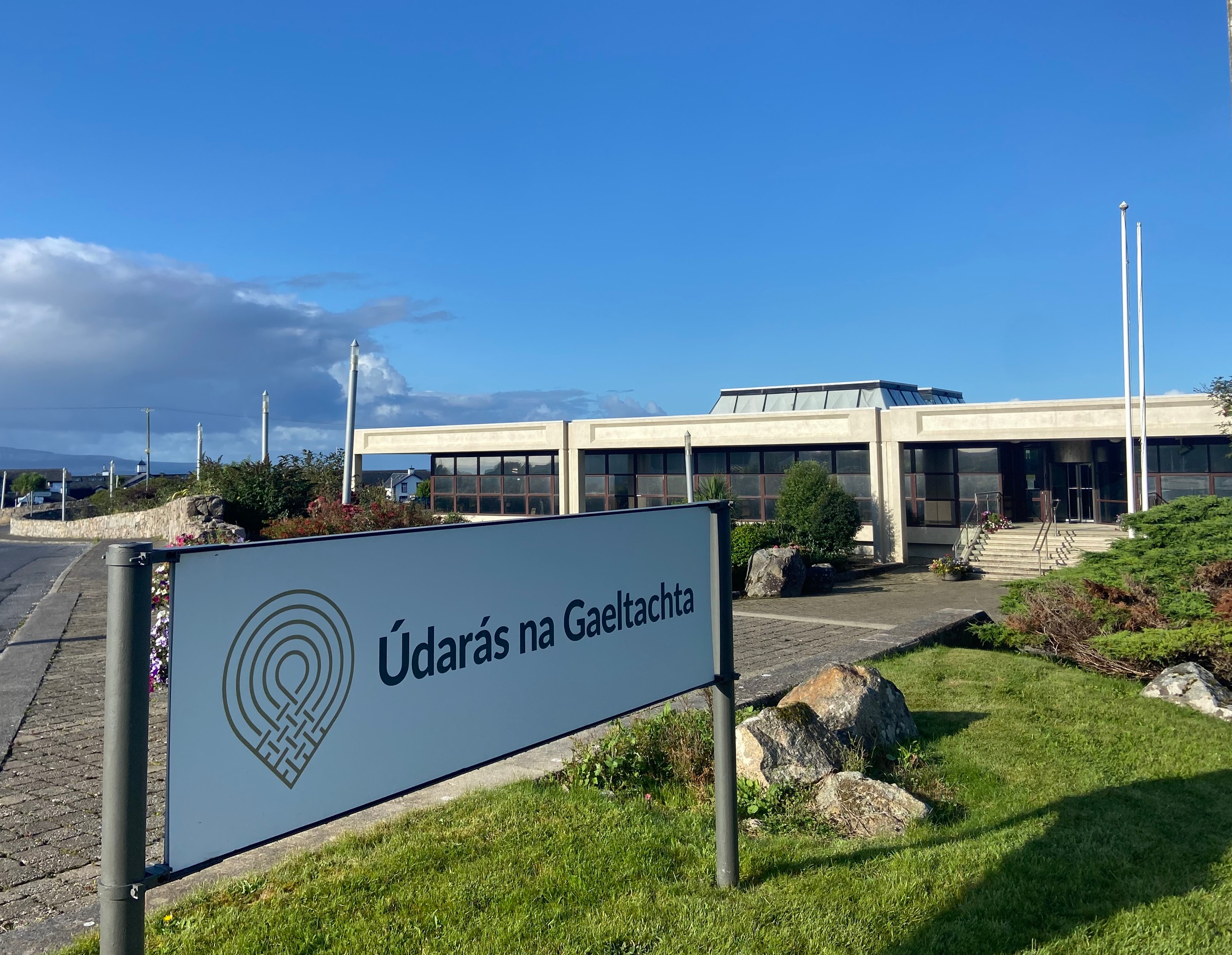Business Models Empowering Rural Social Entrepreneurship – voicing the rural norm
Where public efforts and private companies do not reach, local communities often place their hopes in initiatives from local social entrepreneurs. Now the differences and similarities in social entrepreneurship in Sweden, Finland, Norway, Iceland and Ireland will be studied.
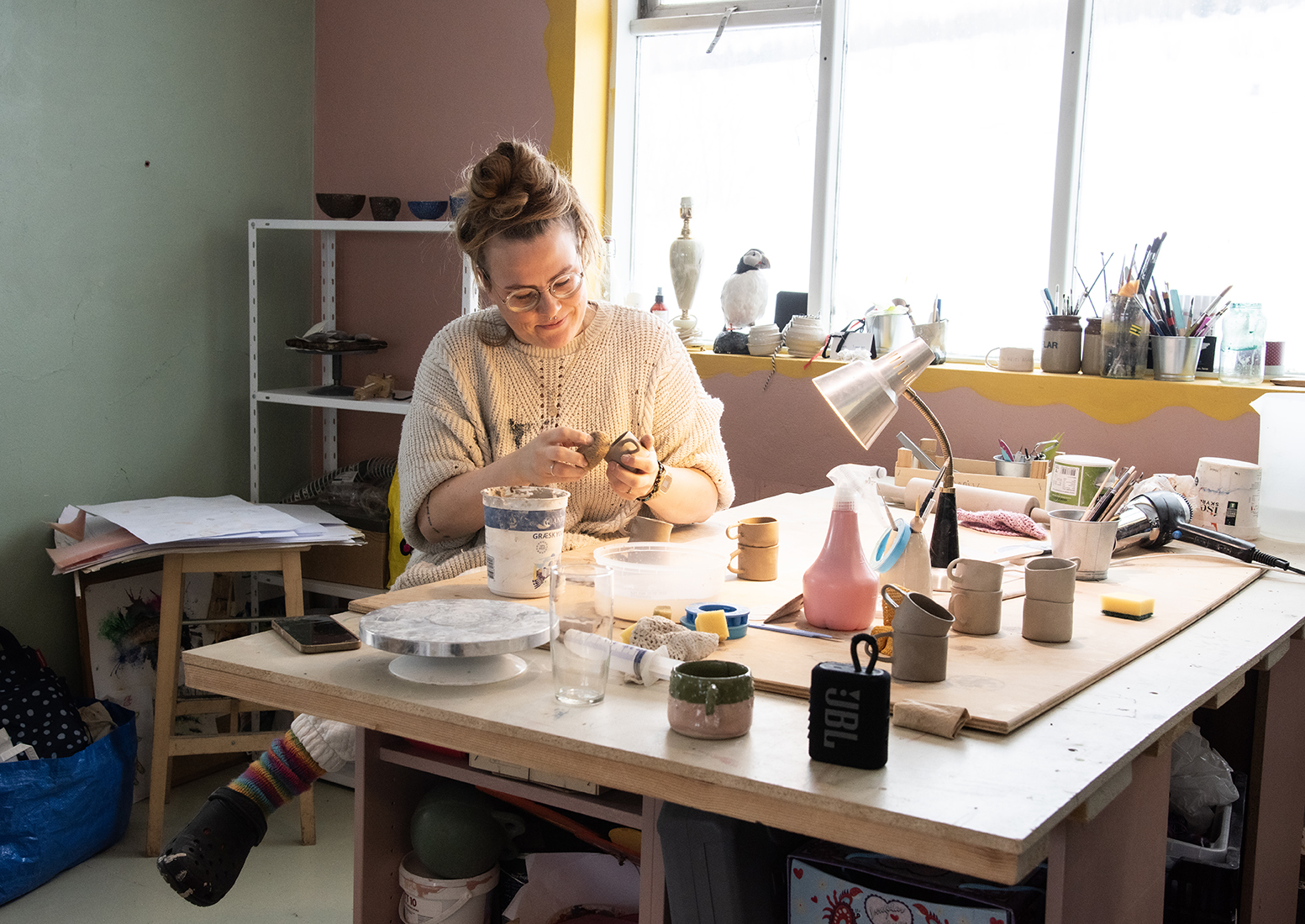
Our aim
The project will transfer and develop better adapted business models, support structures and conditions for rural social enterprises. It will enhance transnational knowledge and learning of social enterprises, create networks to better connect social entrepreneurs with support. The goal is to achieve better opportunities for people who want to develop sustainable entrepreneurship and community services to promote a development where it is possible to live and work in the whole of NPA area.
Duration
June 31, 2023 - July 31, 2026
Budget
Total budget: 1.703.053,34 EUR
The financial support received from Interreg NPA: 1.068.262,16 EUR
The financial support received from Region Jämtland Härjedalen: 99.468 EUR
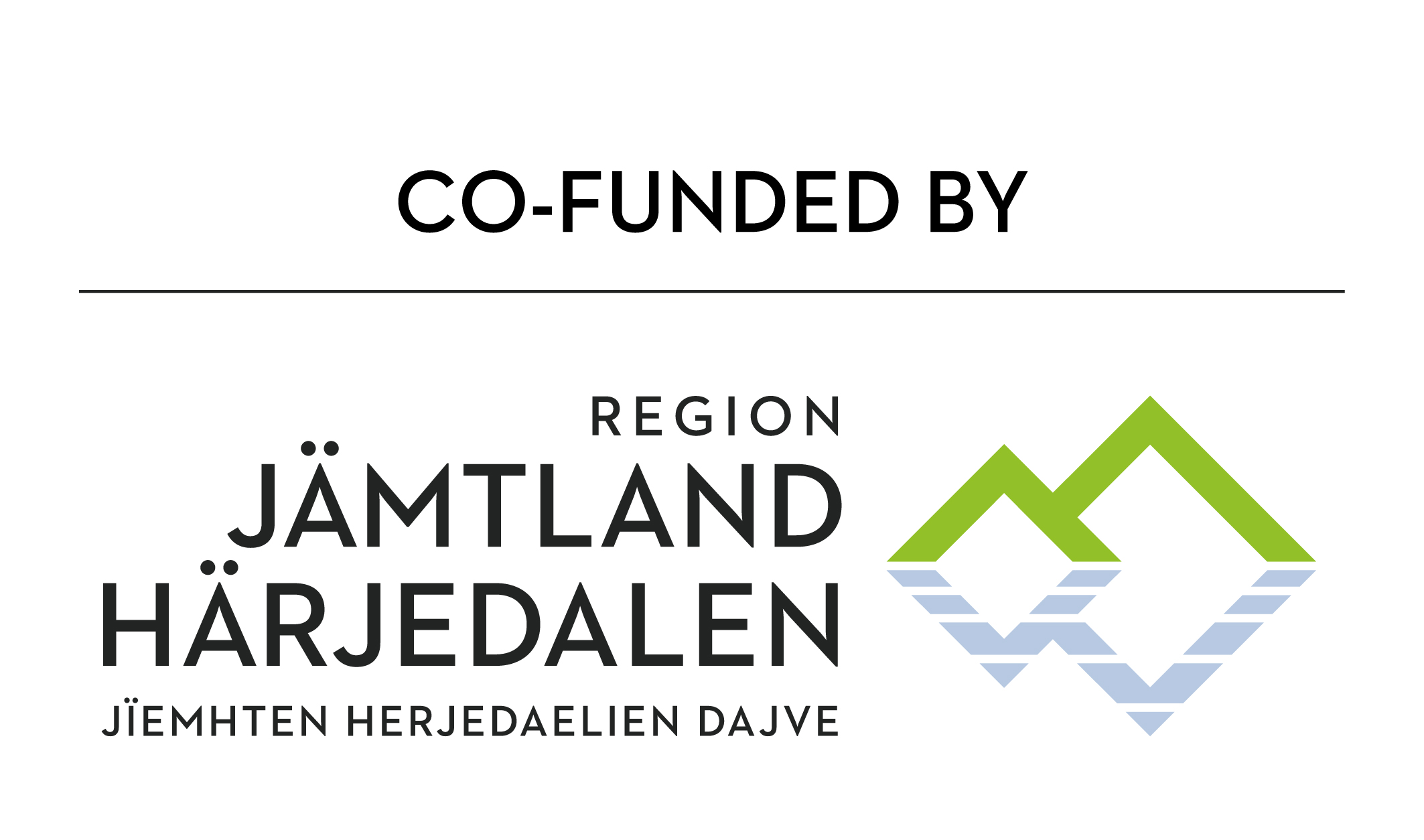
The financial support received from Region Västernorrland: 99.468 EUR
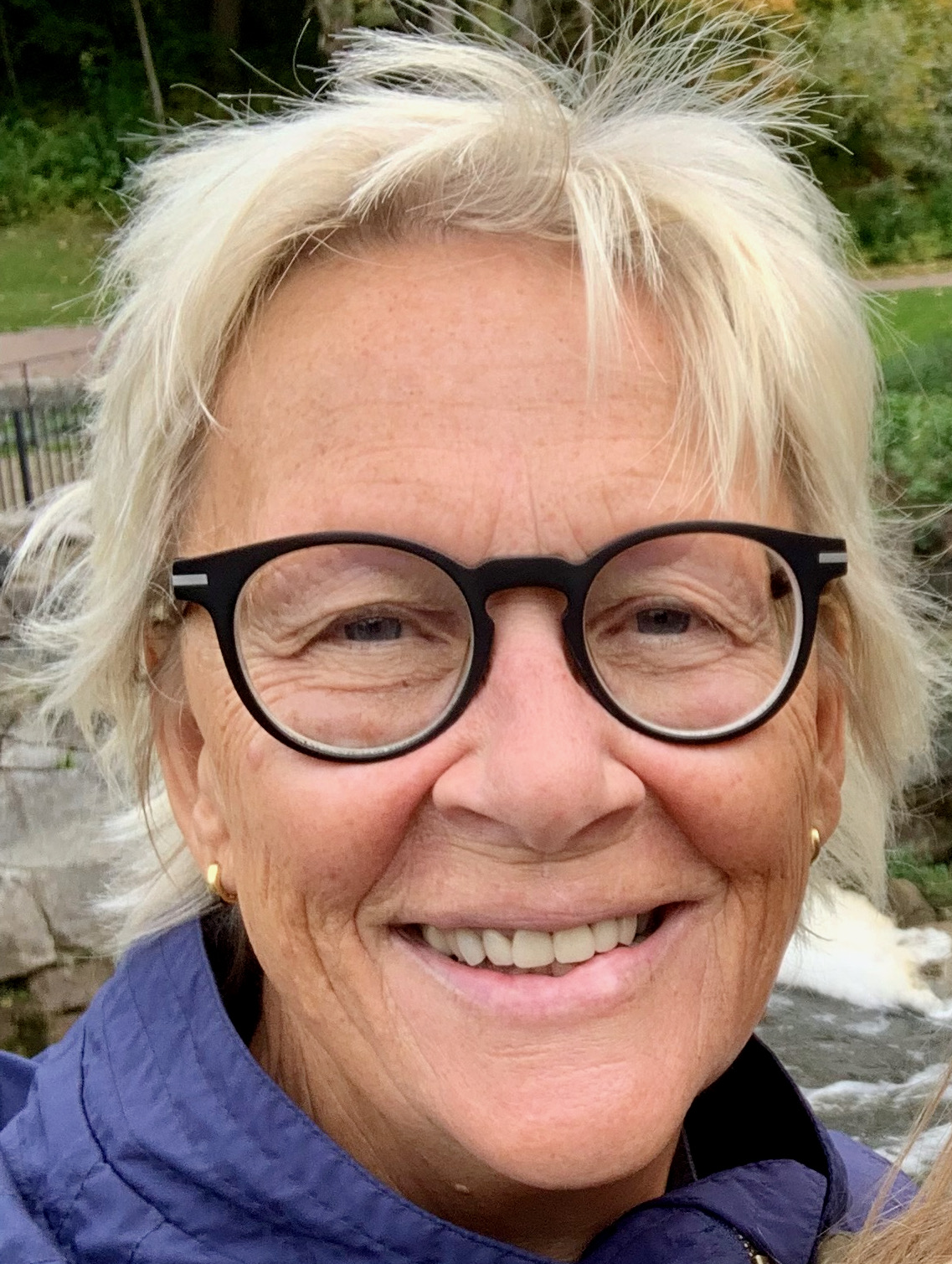
Why is the project important?
“There is a need for simple, easily-adapted tools to make their social impact sustainable and legitimate as local value contributors. When community functions are centralised, they often disappear from more peripheral parts of a region. This is when local initiatives can create opportunities for especially young people and women to stay in the countryside as entrepreneurs, or for those who have moved away to return, so providing support around starting a rural enterprise can be crucial in enabling them to move back.” Yvonne von Friedrichs, project leader MERSE
Project motivation
The effects of structural change processes vary in different parts of the world and globalisation in society has made it even more important to discuss the conditions for sustainable regional and local development. The services provided by social enterprises in remote rural areas both enhance liveability for local people and the quality of the visitor experience. The objective of MERSE is to make it easier to start and develop social enterprises (SE) in rural NPA areas. The project will transfer and develop better adapted business models, support structures and conditions for rural SE, enhance transnational knowledge and learning of SE, create networks to better connect social entrepreneurs with supports. With the transnational cooperation between regions in the five NPA countries Sweden, Finland, Norway, Iceland, Ireland we will be able to exchange and compare country-specific knowledge and experiences on contextual social entrepreneurship. With this supply of new skills for community entrepreneurs and business advisors the prerequisites for social entrepreneurship will strengthened regions in the sparsely populated NPA area, this will lead to better opportunities for people who want to develop sustainable entrepreneurship and community services to promote a development where it is possible to live and work in the whole of NPA area. Changes occur through active ownership within the project organisation; collaboration between actors and organisations based on joint-knowledge formation interspersed with action; development-oriented action that leads to multiplier effects. Conducting interactive sharing and co-creating place-based best-practices, analyses similarities and differences, the project will search for gaps that different unique models and examples can fill for each other and support transformative knowledge across borders.
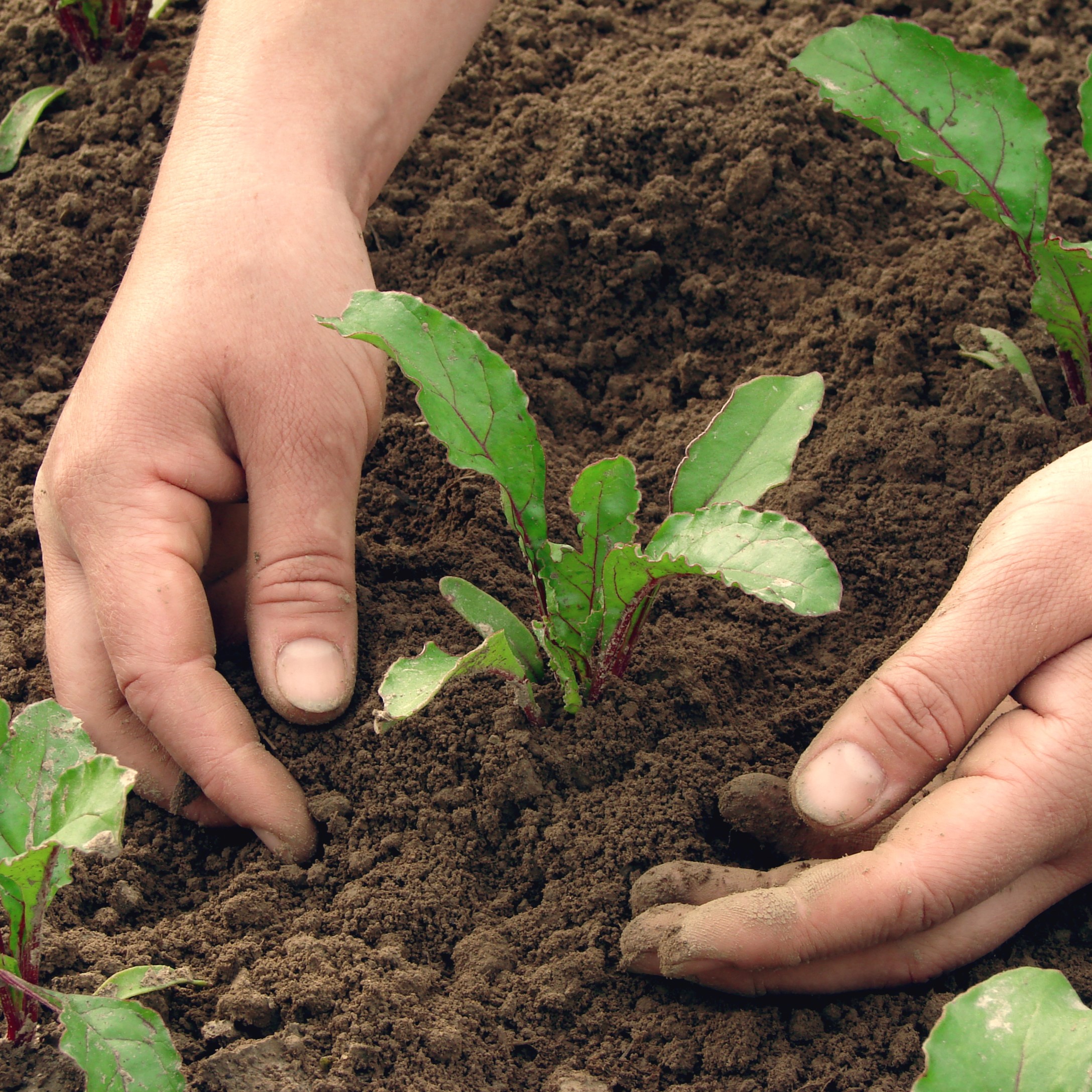
The Leadership Training Programme 2024-2026
The aim of the Leadership Training Programme in the MERSE project is to pilot new procedures and transfer practices and develop a peer-to-peer learning concept for Rural Social Enterprises. The programme is targeted to the social enterprise facilitators who are provided tools to support rural social entrepreneurship development in their regions and 12 rural Social Enterprises from the five participating NPA regions participate.
Read more about the Leadership Training Programme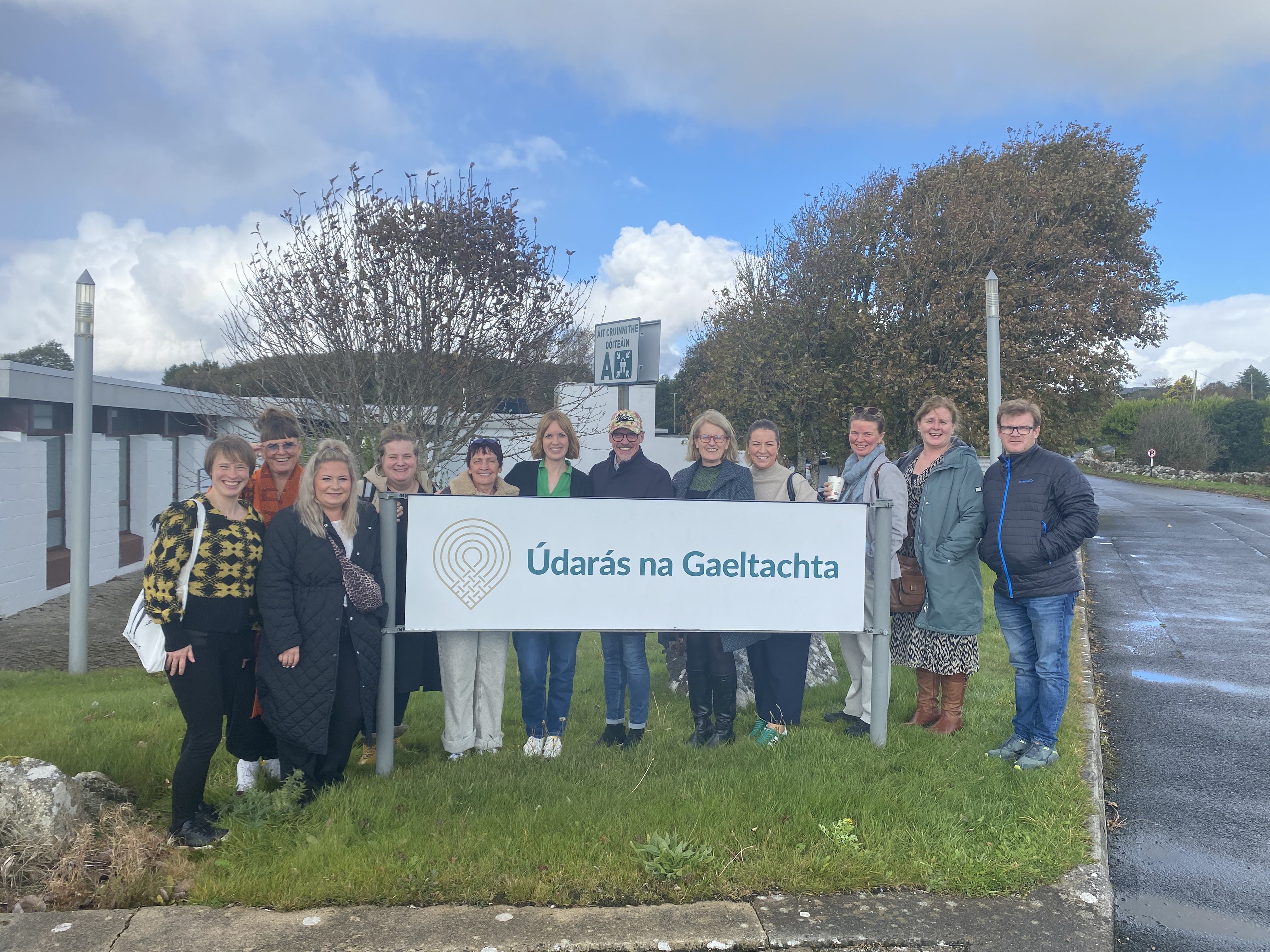

Mid Sweden University – Lead Partner
Mid Sweden University, with two campuses located in Östersund and Sundsvall, is a global university with a regional commitment. Close collaboration with working life and extensive external relations help us to stay dedicated and innovative. This is important for the university's development, both nationally and internationally. At Mid Sweden University, research in Business Administration is one profiled area. That includes the importance of entrepreneurship for regional development trying to understand development issues linked to a viable economy. Economic growth is dependent on new companies and the strengthening of existing companies through different forms of business development. Particular focus is placed on social entrepreneurship and regional development, which also include research on women’s entrepreneurship, equal opportunities, social innovation and the importance of creative industries in regional renewal processes.
More informationCoompanion – Project Partner
Coompanion is present throughout Sweden, with 25 independent regional organisations that are locally owned and governed. They offer services in business development, training, process management, projects and free business advice to those who plan to start and lead businesses together as well as those who want to solve a societal challenge through entrepreneurship. The business consultancy and development services are financed in part by Tillväxtverket (the Swedish Agency for Economical and Regional Growth) and are thus offered free of charge. Promoting entrepreneurship that safeguards social, economic and environmental sustainability, Companion's work results in companies that take social responsibility, local development and a diversity of ownership models in the Swedish business community.
More information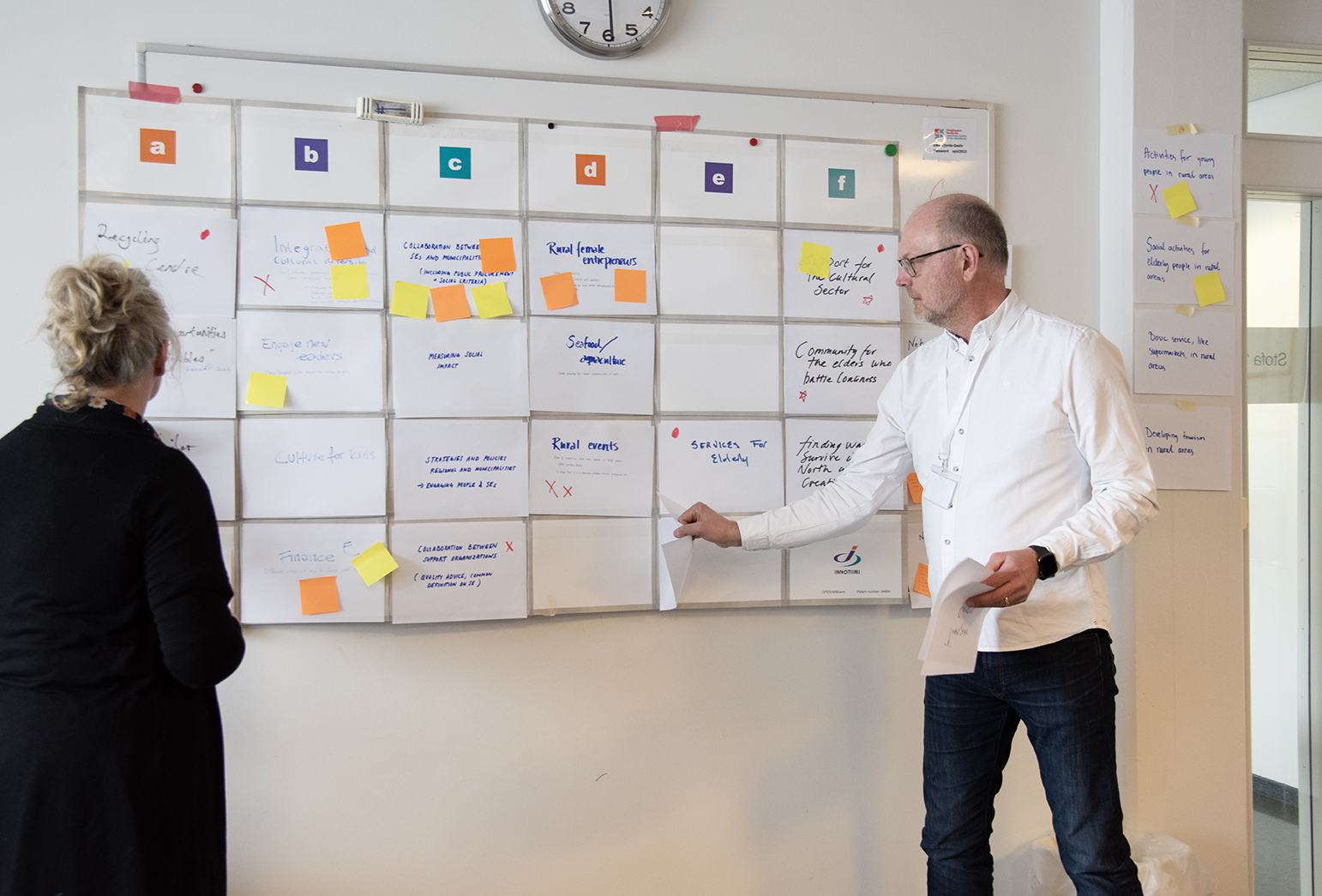
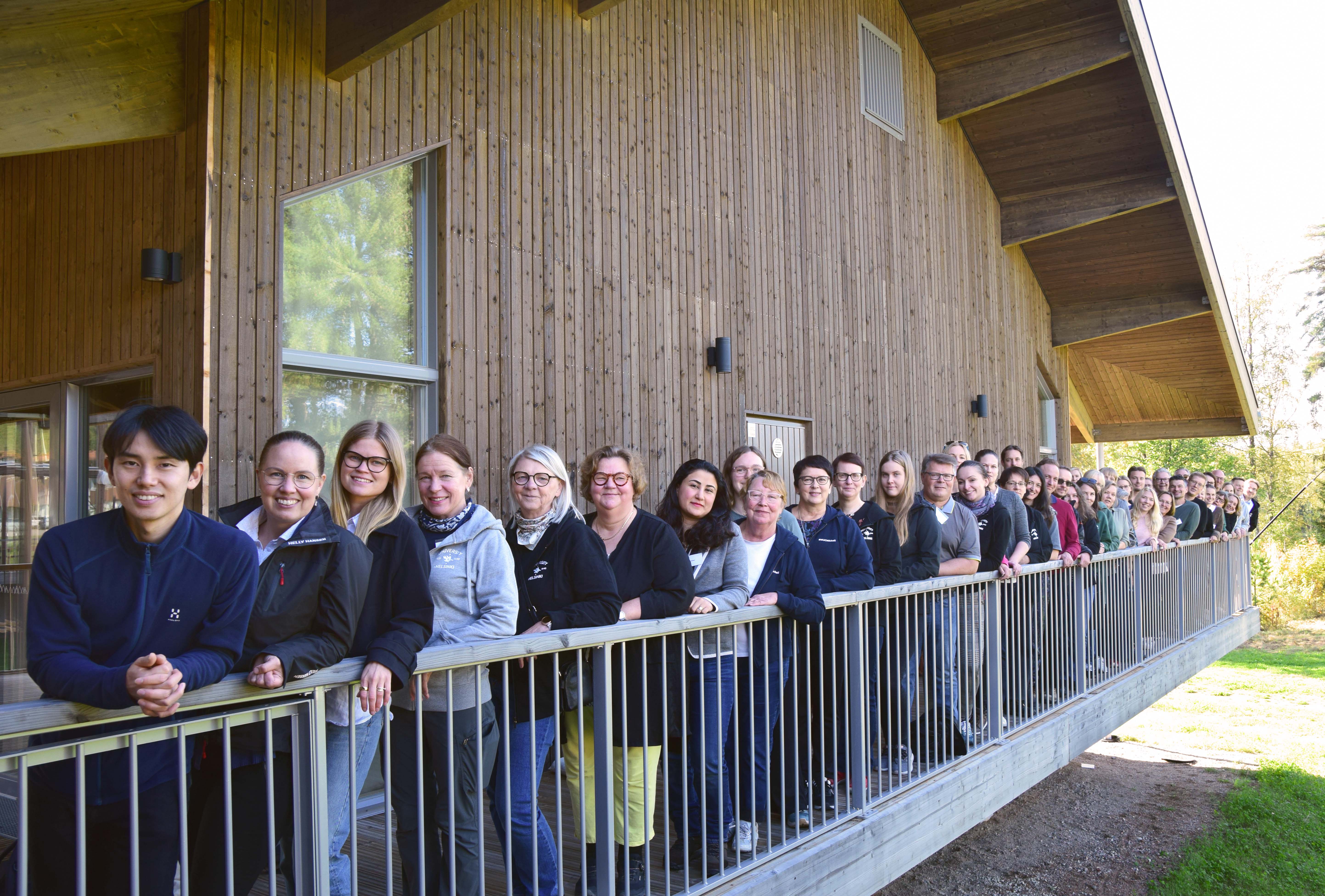
University of Helsinki Ruralia Institute – Project Partner
The Ruralia Institute, part of the Faculty of Agriculture and Forestry at the University of Helsinki, is a multidisciplinary research and development unit specializing in rural research and development. Located in the regions of Seinäjoki and Mikkeli, the institute examines sustainable development and the changing relationship between global and local issues from the perspective of rural areas. Through its cutting-edge research and applied projects, the Ruralia Institute addresses topical issues regarding rural communities, including the sustainable use of natural resources, bioeconomy, rural culture and history, and social entrepreneurship. It fosters collaboration between academia, local communities, and businesses to support vibrant and resilient rural areas. With a strong emphasis on international and regional partnerships, the institute contributes to creating resilient, innovative, and inclusive rural futures.
More informationKBT Vocational College – Project Partner
KBT Vocational College is a career path to education and work. We offer two education programs: Peer Support Workers in Mental Health and Substance Abuse and Social Entrepreneurship. In addition, we collaborate on projects about development, research and/or building networks in the fields we work in. We aim to foster new ideas, dialogue, recovery and empowerment – and to contribute to a more sustainable society. KBT Vocational College is a subsidiary company of the non-profit foundation Competence Center for Lived Experience and Service Development (KBT). KBTs vision is: Better services through equal dialogue between service users and professionals - We bring forward user voices. KBT aims to be the leading partner and collaborator in projects where patient’s and service users’ experiences are the knowledge base. Our task is to strengthen users in that their own experience can be a basis for knowledge and change of conditions for living with and get help for mental problems and substance abuse problems.
More information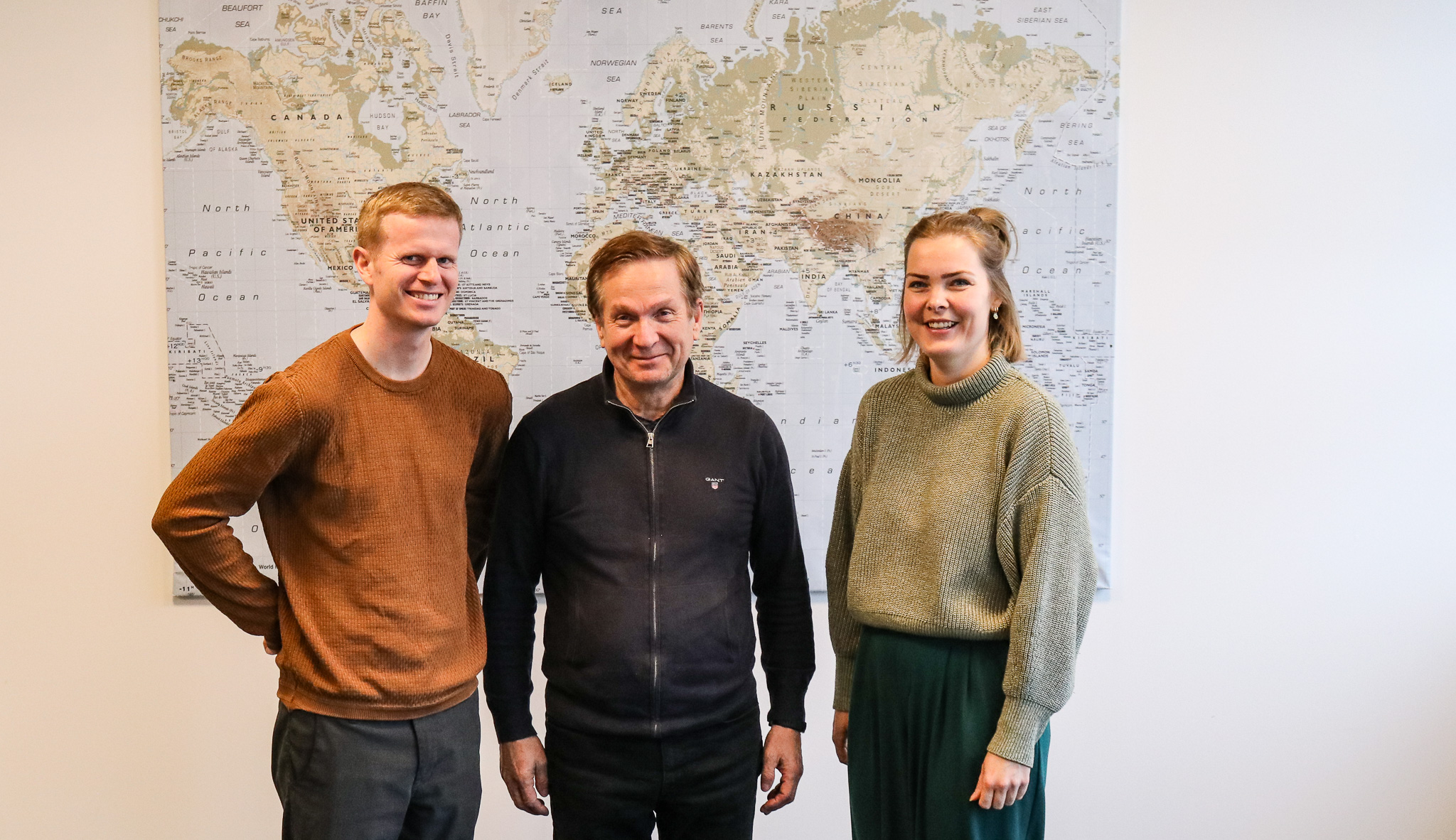

Vestfjarðastofa – Project Partner
Vestfjarðastofa is the Regional Development Office of the Westfjords, operating since 2017. As a non-profit organization, it maintains offices in three key locations across the region: Ísafjörður, Patreksfjörður, and Hólmavík. The organization employs a diverse team of 14 professionals engaged in a wide array of initiatives. The primary mission of Vestfjarðastofa is to advance the interests of the residents, municipalities, institutions, and businesses of the Westfjords. It provides coordinated, cross-disciplinary advisory services and support, focusing on economic and regional development, entrepreneurship, and cultural initiatives in the broadest sense. Vestfjarðastofa aims to strengthen the economy of the Westfjords, enhance the well-being of its residents, and promote the region as an attractive place to live and visit. It plays a leading role in fostering collaboration between businesses, local authorities, government agencies, and public support systems. By uniting the strengths of the region, advocating for environmental, social, and economic interests, and fostering innovation, Vestfjarðastofa contributes to a vibrant and sustainable future for the Westfjords.
More informationÚdarás na Gaeltachta – Project Partner
Údarás na Gaeltachta is the State Development Agency with responsibility for the economic, social and cultural development of Ireland’s Gaeltacht regions. The overall objective of Údarás na Gaeltachta is to ensure that Irish remains the main communal language of the Gaeltacht and is passed on to future generations. An tÚdarás endeavours to achieve that objective by funding and fostering a wide range of enterprise development and job creation initiatives and by supporting strategic language, cultural and community-based activities. Údarás na Gaeltachta’s community development strategy aims to empower Gaeltacht communities to optimise and develop their local resources, and to undertake a range of social enterprises. An tÚdarás recognises that economic development, cultural conservation, language enhancement and job creation are intertwined and central to sustainable development and maintenance of viable of Gaeltacht communities. An tÚdarás offers a range of schemes and initiatives to support and enable Gaeltacht communities to play an active role in the economic, social and cultural development of their communities.
More information